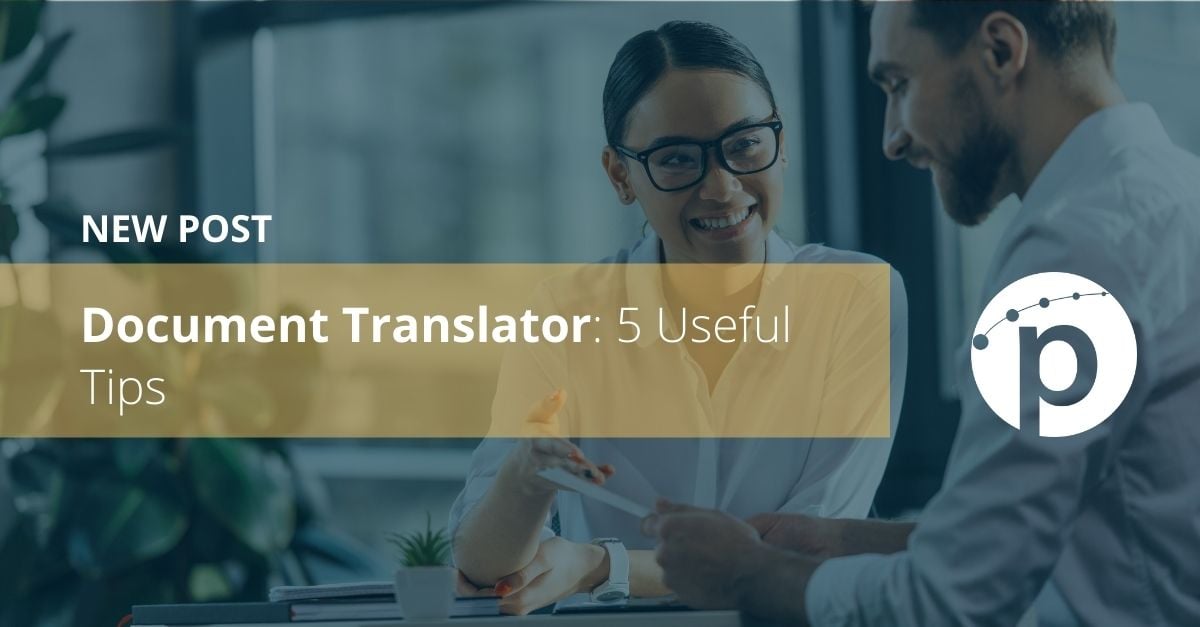Buying legal translations? Looking for financial translation services? Need serious website translations?
This is a quick checklist of points to bear in mind when you are preparing your documents for translation. Stop for 2 minutes and plan how you want to execute your translation work.
Follow these 5 useful tips for translation buyers and you will get a better idea of the type of translation service you need before you start shopping around.
Finding the right translation agency in which to trust your translations can be tricky sometimes. How do you find the right translation agency that fits your needs?
1. What type of documents do I need to translate? Technical? Advertising? Financial? News?
Some translation agencies (and also freelance translators) are very specialized as a result of years providing translation services to a particular industry.
Some prefer to work with technical translation or legal documents, for example. They have developed vast amounts of translation memories and their staff, reference material and vendors are highly specialized. Perhaps you are looking for certified translation and not all translation agencies do this work.
Some do not like to do it at all. Larger translation companies have more resources and often teams looking after a whole business division, like “pharmaceutical translations”. Knowing well what type of documents you need to translate will narrow down your search.
2. How many language(s) do you need to translate into?
Some translation agencies only provide translation services into a few languages, or can only claim expertise into a few (that is, translation and proof-reading).
For example, if your document needs to be translated into English for the UK, you need to find a translation agency with experience in translation into British English. If you are focusing on the US, then you need experts in American English, etc. The same happens with European Spanish and the different flavors of Latin American Spanish.
At Pangeanic we are often required to translate into Canadian French, Belgian French and Swiss French. Again, only translation companies with good human resources and a large database of translators whose credentials have been checked and have passed a test should be in a translation agency’s book.
Looking for a Quality Translation? Contact us!
3. Killer question: What are your quality procedures?
Always ask the company about their quality procedures and who is going to revise the text after translation. The answer will reveal a lot about how serious the service is going to be.
Look for credentials, like independently audited EN15038 (the European Standard for Translation Services) or ISO9001. Avoid translation agencies with self-declarations: they obtained the certificate by declaring they do something they probably do not do.
4. What are your target audience’s expectations?
Think about your target audience. Will they be engineers, general readers, colleagues and competitors? Are you only translating short snippets of text for the web? In some languages, there is a formal or informal way of addressing (German “Sie” and “Du”, French “vous” and “tu”, Spanish “usted” and “tú” or “vos” in Argentina, Uruguay and Chile).
Knowing how to pitch the tone of the translation will help the translator convey the proper tone and writing style for the document. A technical manual or a document to be used in court has a different style than a document used for advertising soda, internet marketing, etc.
Communicating these needs is essential for facilitating the translation process, avoiding misunderstandings, managing expectations and ensuring the highest quality of your translation.
5. Does your translation require any special services such as formatting or certification?
This aspect will also narrow down your options, since many agencies and translators do not provide desktop publishing services. You may end up having to do a lot of formatting afterwards as some languages vary in length considerably in comparison to others.
True, some translation companies are equipped to handle many different formats, like InDesign, FrameMaker, Adobe products, etc., and have a team of desktop publishers who know how to provide a final, print-ready document.
Visit our the rest of our Knowledge section for more useful tips for translation buyers. If you are interested in finding out more about Pangeanic’s translation services click here:




